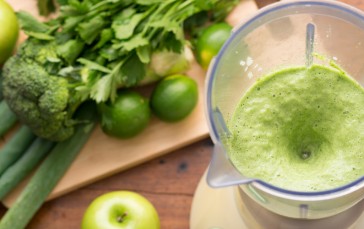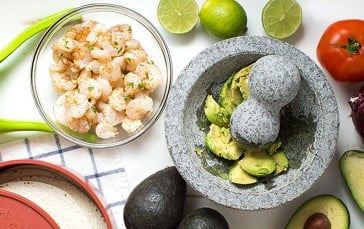Benefits of Vegan Diet
More and more people across the world are switching to a vegan lifestyle, as they continue to realize the amazing benefits of going vegan. But what exactly does it mean to be a vegan? What foods can you or can’t you eat? While vegetarians dispense with meat and fish in the diet, vegans reject all dietary ingredients that come from animals. In comparison, vegetarians eat dairy products, eggs or honey which many vegans do without it.
So having established what it means to be a vegan, one question still begs, why is being vegan so hip? And what makes tens of thousands of people voluntarily give up animal products? The reasons that speak for a vegan diet are many; the recurring food scandals, catastrophic conditions in factory farming, reports of ongoing climate change are all contributing to an increase in the vegan lifestyle. With that being said, here are 9 of the most amazing benefits of going vegan.

1. More Natural Ingredients
There are no more bottlenecks in obtaining healthy, purely plant-based foods today and the ingredients of vegan whole foods are one of those. As plant-based foods are natural, especially when coming from organic farming, they are less contaminated with pollutants such as herbicides or insecticides. And the good news is that many bioproducts for the vegan diet can now be purchased nationwide in organic and farm shops or supermarkets. If you are a food supplements fan, you should consider using some of the vegan protein powders.
In addition to having fewer contaminants, industrial sugar, white flour or conventional vegetable oils are not used in the vegan wholefood kitchen. No doubt this is because industrially produced foods are harmful to health, as they often contain preservatives, flavor enhancers or dyes. Instead, vegan whole foods such as wholemeal flour, whole cane sugar or cold-pressed vegetable oils contain many vital nutrients and have not come in contact with synthetic fertilizers or toxins.
2. Richer, Healthier Cuisines
It is worth noting also that adopting a vegan diet is by no means monotonous and boring. Abandoning animal products does not mean giving up enjoyment. With a purely plant-based diet and the use of the natural ingredients, the most refined and delicious dishes can be created. For many people, preoccupation with a purely plant-based diet is also the beginning of an amazing adventure journey to new ingredients – some even cook for the first time in their lives regularly and with joy. The weekly walk to the supermarket becomes an expedition instead of the search for a “side dish” prepared as quickly and easily as possible.
For a little creativity, why not experiment in your own kitchen? For each meal of the day, there is a huge variety of vegetarian recipes to choose from such as soups, smoothies, cereals or homemade gourmet dishes and desserts. Not only previously unknown foods await discovery; Also completely new ways of preparation go hand in hand with a change to a vegan diet. Rarely, non-vegans can imagine what to do with raw cauliflower. Now a cauliflower lasagne can be served for dinner.
Additionally, a good vegan cookbook can help for some inspiration at the same time. No other cookbook division is currently selling as well as vegan. The range of vegan food, cookbooks, and restaurants are getting more popular and many completely new flavors are convincing well known experienced chefs and even the most skeptics. A good vegan diet offers many special taste sensations and new discoveries.
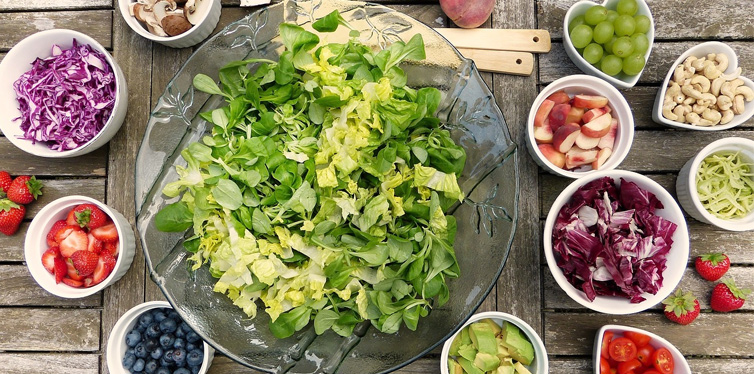
3. Weight Loss
Another common, yet obvious reason why an increasing number of people have made the switch to a plant-based diet is due to the hope of losing excess pounds. Ok, there is no denying that French fries, rice milk, chocolate bars or potato chips are also tasty vegan snacks which are harmful in the mass; no doubt any vegan that makes these foods the staple of their diet must also be on a self-destruct mission to. On the flip side, however, most vegans are the opposite! They are actually very health conscious.
What’s more, many past observational studies revealed that vegans are often leaner and have a lower BMI than non-vegans. All of these studies show that people with vegan diets have a Body Mass Index in the ideal range of 20 – 25 well above average – although this is not about an “ideal weight,” but about the well-being of the individual.
A balanced, intelligently designed vegan diet offers the body all the natural, effective remedies for the complete regeneration of daily “microdamage” caused by the environment and stress. It provides them with complex carbohydrates, high-quality proteins, and unsaturated fats, which supply the energy stores constantly and thus enable a balanced state of activity.
4. Good Variety Of Nutrients
Pretty sure we can all agree that most diet-related disorders can be prevented with a balanced diet. No doubt food intake with a vegan diet is more systemically aligned as the individual macro and micronutrients complement each other optimally. However, with a meat-based diet, the positive effects gained from plant foods can often cancel each other out, and negative ones are intensified
Also, while it has been claimed in the past that animal protein is essential to keep the human body healthy, this claim is now outdated. This because many plants, such as algae, contain high-quality proteins, nutrients, and essential fatty acids, which make animal products in the diet superfluous. In a purely herbal, but a balanced and varied diet, there are no deficiency symptoms; adopting a vegan diet does not make you sick, but is rather, a gain for your well-being.
Unknown to many, as only about 10% of the proteins and calories from animals are absorbable to the human body, vegan whole foods win when it comes to nutrition as they are wholesome and can be used effectively by the body. Vegans almost always have a balanced blood sugar level and healthy cholesterol levels. This reduces the probability of cardiovascular diseases many times over. Often, changing the diet to a pure herbal diet can eliminate the need for medication for type 2 diabetes, rheumatoid arthritis or chronic gastrointestinal diseases such as Crohn’s disease. The high antioxidant content in plant foods also increases the body’s defenses. Even with almost all cancers, a vegan diet has been found to be supportive; however, this should be put together individually with a specialized nutritionist.
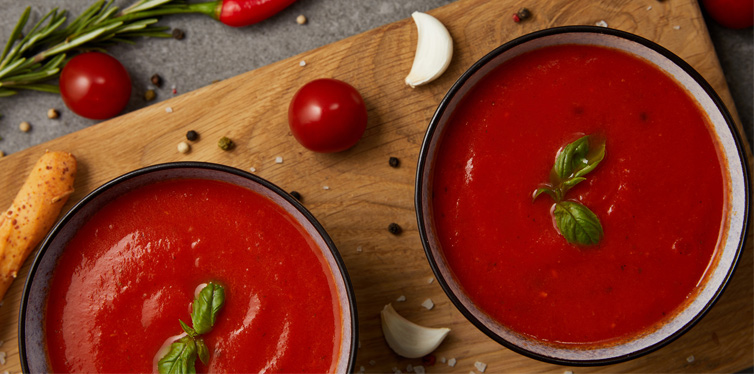
5. Fitter, Healthier Lifestyle
Vegans who are fully nourished often describe increased performance and vitality, as healthier foods with all the right vitamins tend to have a positive influence on mood. It has been proven that too much animal protein and fats can lead to health problems such as obesity, hypertension, cardiovascular and metabolic problems. A purely herbal, balanced diet, on the other hand, should support health and help with healthy weight loss.
With plant-based nutrition, incomparably more vital substances enter the body – of course only if the whole range of food options is exploited. The active ingredients made available to the body to combat free radicals are more numerous because vegans tend to feel stronger and more vital from the consumption of the greater choice of organic fruits and vegetables, legumes, and nuts. This because such ingredients are based on complex, high-fiber, iron-containing carbohydrates. This can metabolize the body slowly, therefore, the feeling of having sugar-high blood levels followed by a low, bis reduced and energy levels remain constant throughout the day.
It doesn’t get better than consuming a nutritionally optimally balanced vegan diet while being energized at the same time – not only convenient but also the perfect to relieve stress.
6. Reduction in Cardiovascular Disease
Various studies have revealed that people who are vegan have a reduced risk of cardiovascular disease and live three years longer, as they have a less chance of consuming the antibiotics regularly found inside meat products. High meat consumption is also one of the major causes of common lifestyle diseases such as obesity, diabetes, and even cancer, and numerous studies have proven these relationships. Not only this, other animal products such as dairy also have a similar negative impact on health due to their composition. That’s why a full-fledged, plant-based diet, on the other hand, has the potential to provide the body with all the essential nutrients.
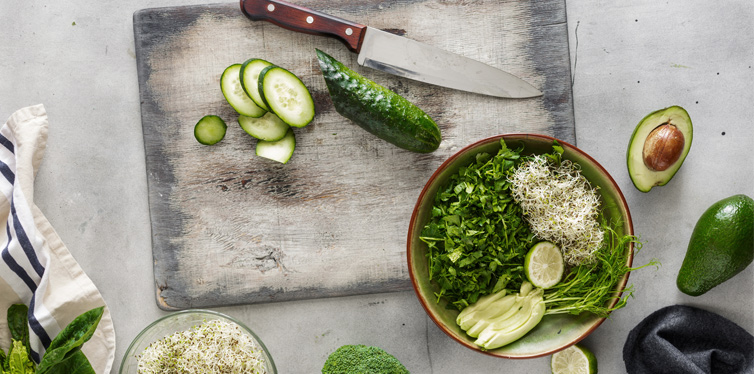
7. For The Love Of Animals
Quite widely accepted amongst vegans are a love of animals and the rejection of products that have been created with animal cruelty methods. With the high demand for meat products, animals are often regarded as a commodity; they are also slaughtered at a very young age and not treated as social creatures with individual personalities and feelings of pain. The manufacturing of animal products means that they are also denied almost everything that corresponds to their natural needs with animals in dairy and egg production being treated just as bad as those involved meat production.
Thanks to veganism, the maltreatment of animals is gaining wider publicity, whilst the rejection of animal products is forcing food manufacturers and retailers to reconsider their cruel production processes. Especially within the egg industry, where around 40 million male chicks are killed each year immediately after hatching because they can not lay eggs and are not suitable as broilers. In addition, each year 4.3 million cows in the dairy industry are put on artificial insemination in a “long-term pregnancy” so that they give almost uninterrupted milk. The calves of dairy cows are either also used in milk production or slaughtered after a short time. Such practices associated with milk and egg production are thus inextricably linked to the meat industry.
8. For The Environment
A high consumption of meat is the largest emitter of harmful greenhouse gases. A study by the Food and Nutrition Organization of the UN revealed that livestock farming accounts for 14.5% of global greenhouse gases. The so-called livestock farming also promotes the deforestation of the rainforest.
However, thanks to their meat-free diet, vegans make an active contribution to environmental and climate protection. It is estimated that a vegan diet alone saves about 4,000 square meters of forest per year, whilst also saving energy; considering that the production and transportation of animal products also consume so much energy and fuel. Between 1960 and 1985, 40 percent of the North American rainforest was simply cut down to provide cheap grazing for cows intended for the US and European markets.
In addition, vegans also help to reduce the strong pollution of groundwater caused by the excrement of the animals. The mass, nonstop production of meat and other animal products consumes a lot of water itself. More than half of the water consumed in most industrial nations is used for the rearing, killing, processing, and storage of animal meat. Just one kilogram of beef requires 15,500 liters of water, which is crazy considering that at the same time, currently 800 million people worldwide have no access to clean drinking water.

9. Reduction of Global Hunger
According to the UN, 870 million people worldwide are hungry. However, a vegan diet can feed 10 million people on this planet. Given the agricultural figures, such as how many kilograms of grain are consumed per kilo of meat (the values vary between 5kg and 16kg) and that vegetables, fruits, and crops require only one-third of the land area when compared with meat production. In this sense, meat production in the future could just no longer be feasible – if famines should no longer be” standard.”
Lastly, in order to deliver feed for livestock kept in other countries, the acquisition of agricultural land or ‘land grabbing’ in developing and emerging countries by foreign investors is becoming the norm. With a vegan diet, this can be avoided. Such practices not only leaches the local soil, but it also harms the traditional principle of self-sufficiency through small, diversified arable land, which at the same time guarantees a fertile soil quality, is destroyed. Financial dependence of the former small farmers of multinational corporations is the consequence.
Conclusion
No doubt, many people adopt the vegan lifestyle for their own personal health. However, quite often, the main reasons for choosing a vegan diet are not just for the health benefits but are often ethical; a large number of vegans do not want animals to suffer and be killed for their food. That is why they feed on the pure vegetable matter. Also, as the demand for meat products continue to rise, regionally controlled agriculture continues to die out; this means that the agricultural know-how which has guaranteed a stable self-sufficiency of entire areas for centuries is lost. However, with a vegan diet, we benefit both our health and the environment.
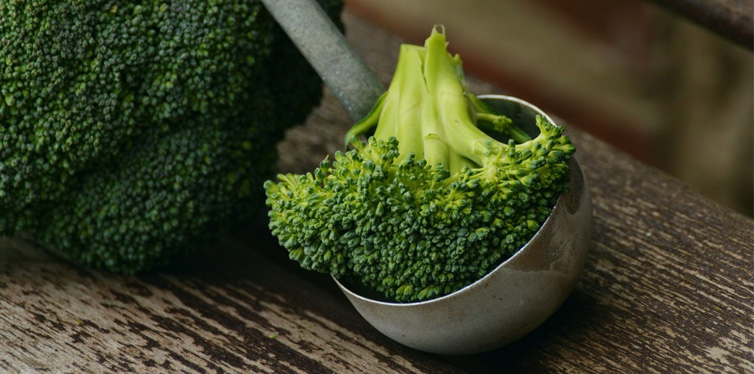
Sources:
- Vegetarians Slimmer Than Meat Eaters – HuffPost
- A Plant Based Diet And Coronary Artery Disease – US National Library of Medicine
- Plant Based Diets Are Amongst The Healthiest – Forbes




